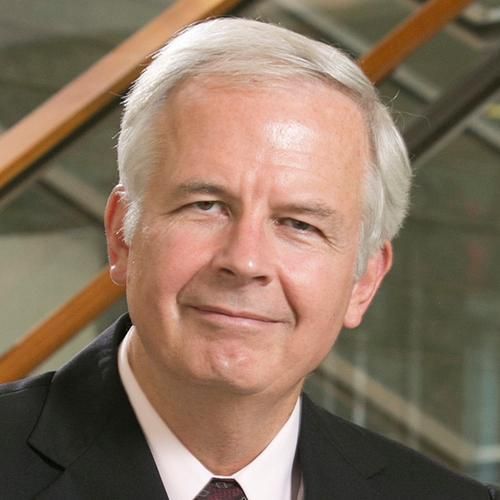Engineering the tissue which encapsulates subcutaneous implants. III. Effective tissue response times.
The results of two previous studies have shown that implant porosity can be used to increase both the measured diffusion coefficients and the vascularity within the tissue encapsulating long-term subcutaneous implants. This study investigates the hypothesis that the analyte concentrations within the tissue surrounding porous implants will respond more quickly to changes in plasma levels than does the densely packed, avascular fibrous capsule surrounding nonporous implants. The average concentration of lissamine-rhodamine was measured in tissue within 100 microm of the following implants at four different times following injection of the tracer: PVA-skin, PVA-5, PVA-60, PVA-700 (polyvinyl alcohol nonporous, 5 microm, 60 microm, and 700 microm mean pore sizes, respectively) and PTFE-0.5 and PTFE-5 (polytetrafluoroethylene 0.5 microm and 5 microm mean pore sizes, respectively). The results were compared to those of unimplanted subcutaneous tissue (SQ). In addition, the data were analyzed with a simple two-compartment model in which a tissue response time constant (taup) was extracted. As in the case of vascular density, the cellular dimension of the PVA-60 pore sizes produced surrounding tissue with the optimum response times to changes in plasma concentrations. The concentrations of rhodamine within the tissue surrounding the PVA-60 implant were the highest at all time points and responded to the change in plasma rhodamine concentration approximately three times more quickly (taup = 764 s) than the fibrous tissue encapsulating the nonporous PVA-skin (taup = 2058 s) and more than twice as quickly as SQ (taup = 1627 s). The overall mass transfer rate between plasma and the tissue surrounding the different implants calculated from the permeability and density of vessels from the previous study correlated very well (r2 = 0.7, p < .02, slope of 0.98) with the reciprocal of the tissue response time constant (taup).
Duke Scholars
Published In
DOI
ISSN
Publication Date
Volume
Issue
Start / End Page
Location
Related Subject Headings
- Time Factors
- Surgical Flaps
- Skin Transplantation
- Rhodamines
- Rats, Sprague-Dawley
- Rats
- Prostheses and Implants
- Materials Testing
- Fluorescent Dyes
- Biomedical Engineering
Citation
Published In
DOI
ISSN
Publication Date
Volume
Issue
Start / End Page
Location
Related Subject Headings
- Time Factors
- Surgical Flaps
- Skin Transplantation
- Rhodamines
- Rats, Sprague-Dawley
- Rats
- Prostheses and Implants
- Materials Testing
- Fluorescent Dyes
- Biomedical Engineering



